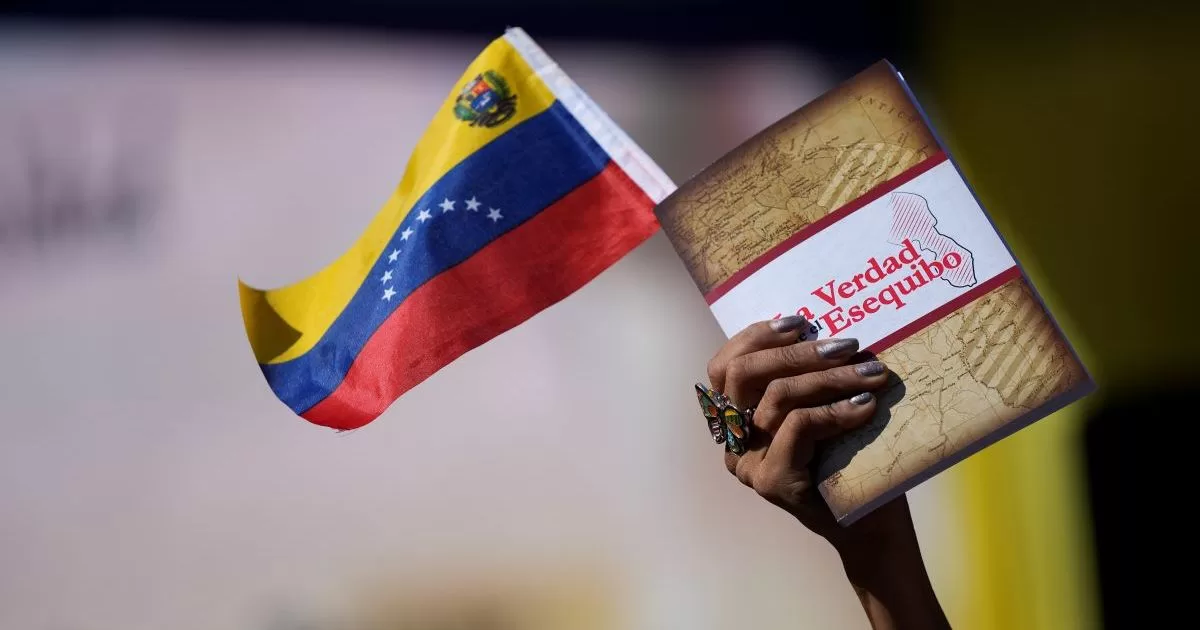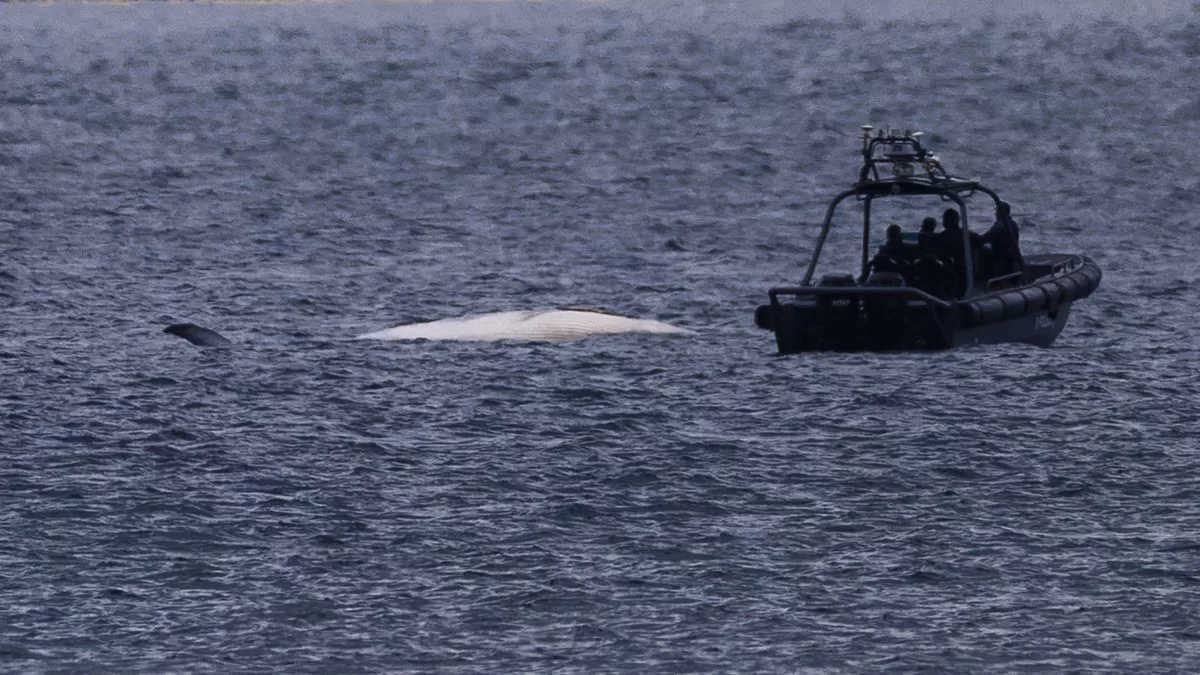WASHINGTON.- The United States considers the territorial struggle between Venezuela y Guyana for a region rich in oil, but hopes it does not degenerate into “violence” or “conflict,” the White House said Wednesday.
“Obviously we do not want violence or conflict to occur” between the parties, the spokesman for the National Security Council, John Kirby, told journalists, in the midst of an escalation of tensions over Essequibo, a territory that is the subject of a century-old dispute between the two countries. .
Guyana warned that its armed forces are “alert” and in contact with “partners” such as the United States, although this Wednesday its Foreign Minister, Hugh Todd, and the Venezuelan minister, Yván Gil, agreed to keep “communication channels” open.
On Tuesday, the dictator of Venezuela, Nicolás Maduro, announced that the Venezuelan state oil company PDVSA will issue licenses for the exploitation of oil, gas and minerals in this 160,000 km2 region and that it created a new military zone about 100 km from the border.
“It’s worrying, we’re following this very, very, very closely,” said Kirby, who reiterated that Washington is “in contact” with all of its allies.
Biden aware of what is happening
When asked about this fight, White House spokesperson Karine Jean-Pierre did not want to go into details but stated that “obviously the president (Joe Biden) is aware of what is happening.”
Venezuela maintains that Essequibo is part of its territory, as in 1777 when it was a colony of Spain, and appeals to the Geneva agreement, signed in 1966 before the independence of Guyana from the United Kingdom, which laid the foundations for a negotiated solution and annulled a award of 1899 that defined the current limits.
Guyana defends this award and asks that it be ratified by the International Court of Justice (ICJ), whose jurisdiction Caracas does not recognize.
“The referee’s decision must be respected,” Kirby stressed.
Last week Kirby already said that Washington supports “a peaceful resolution of the dispute” and that the 1899 award “must be respected” at least until “the parties reach a new agreement, or a competent legal body decides otherwise.” .
The territorial struggle has intensified since the discovery, in 2015, of rich oil deposits in the waters of the Essequibo, which leave Guyana with the largest reserves per capita in the world.
Source: AFP


